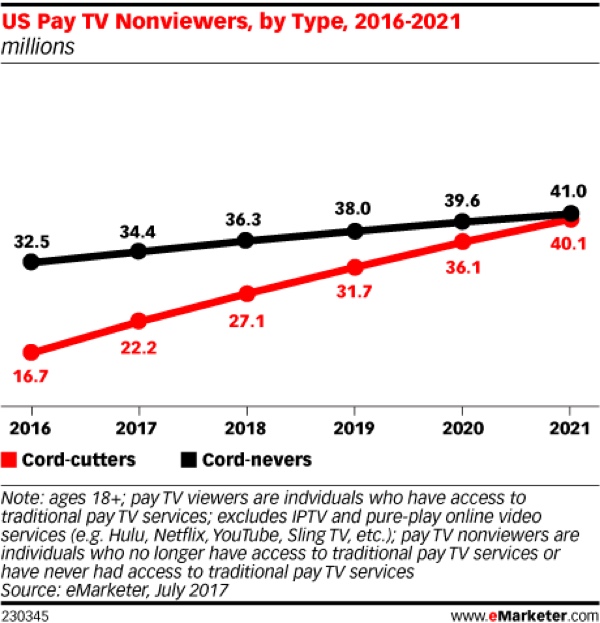Secure your place at the Digiday Media Buying Summit in Nashville, March 2-4
Best of the week: Takeaways from Advertising Week and the Financial Times’ fraud discovery

This week, our top stories covered Advertising Week, the Financial Times’ fraud discovery and more. As always, a full list of these articles appears at the bottom.
Advertising Week takeaways
Industry execs flocked to Times Square this week, bravely elbowing aside sketchy dudes in Elmo costumes, all for the cause known as Advertising Week. Here are some of the takeaways from the event:
- The rise of Tencent and Alibaba. In a discussion with New Yorker writer Ken Auletta, WPP chief Martin Sorrell said to “watch out for” China’s duopoly, which he believes is becoming as competitive as Google, Facebook and Amazon in advertising and marketing.
- Distrust across the ad supply chain. While solutions were few and far between, there was plenty of finger-pointing to fill the void. Martin Cass, CEO of MDC Media Partners and Assembly, speculated that brand clients clamping down on arbitrage might be part of the reason why some agency holding companies have struggled financially.
- AI is here…or it’s coming. At some point. Maybe. The AI adoption curve is moving out of platitudes and into action.
The Financial Times discovers ‘jaw-dropping’ fraud
The Financial Times found display ads against inventory masquerading as FT.com on 10 separate ad exchanges and video ads on 15 exchanges — the publisher doesn’t even sell video ads programmatically — with 300 accounts selling inventory purporting to be the FT’s. The equivalent of a month’s supply of bona fide FT.com video inventory was fraudulently appearing in a single day. The FT estimates the value of the fraudulent inventory to be $1.3 million (£1 million) a month.
The publisher is notifying the exchanges in question — which it wouldn’t disclose but said they are “known” names — by mail to remove the fraudulent inventory, promising to check in a month to ensure action has been taken. Another letter en route to the publisher’s client and agency contacts explains the problem and asks them to watch out for inventory not sourced from Google AdX and TrustX, through which the FT sells its display inventory.
“The scale of the fraud we found is jaw-dropping,” said Anthony Hitchings, the FT’s digital advertising operations director. “The industry continues to waste marketing budgets on what is essentially organized crime.”
Stat of the week
By 2021, over 81 million U.S. consumers will have either cut their cable TV cords or never signed up for one to begin with — a 64 percent increase from today, per eMarketer.

Quote of the week
An anonymous agency executive discusses the culture at agencies:
“A lot of the times people in the agency world, if we can talk about not doing our work or being bad, it will impact our job. It’s a skittish culture. I haven’t worked in any environments where it’s truly that entrepreneurial idea of failure should be embraced. It’s just a show. There’s overall a paralysis by consensus where change happens slowly.”
Interesting takes elsewhere:
- Vanity Fair’s Gabriel Sherman breaks down Rolling Stone’s pitch to potential bidders.
- For the Guardian, Judith Duportail examines the 800 pages of data Tinder has collected on her.
This week’s top Digiday stories:
- WPP’s Martin Sorrell: ‘We need to watch out for Tencent and Alibaba’
- Advertising Week Briefing: Media’s got a trust problem
- The FT warns advertisers after discovering high levels of domain spoofing
- The state of TV’s decline, in 5 charts
- Confessions of an agency executive: Agencies don’t build their own brands
- Pivoting-to-video publishers face a big monetization gap
- How brands are using Apple’s new AR capabilities
More in Marketing

Thrive Market’s Amina Pasha believes brands that focus on trust will win in an AI-first world
Amina Pasha, CMO at Thrive Market, believes building trust can help brands differentiate themselves.

Despite flight to fame, celeb talent isn’t as sure a bet as CMOs think
Brands are leaning more heavily on celebrity talent in advertising. Marketers see guaranteed wins in working with big names, but there are hidden risks.

With AI backlash building, marketers reconsider their approach
With AI hype giving way to skepticism, advertisers are reassessing how the technology fits into their workflows and brand positioning.





